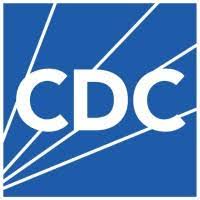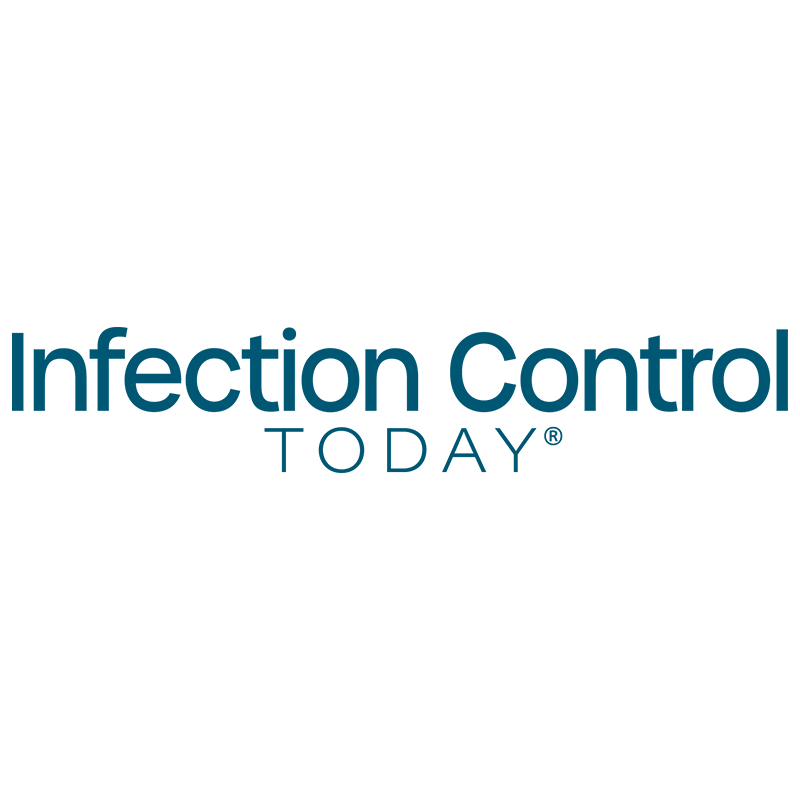Editor's Note A new collaborative initiative called the Healthcare Infection Prevention Advisory Group (HIPAG) has been created by the Association for Professionals in Infection Control and Epidemiology (APIC) and the Society for Healthcare Epidemiology of America (SHEA). It will address infection prevention priorities of national importance, according to a December…
Editor's Note To help teams develop and grow the confidence to demonstrate compliance with infection prevention practices during survey, focus on building practice-based consistency, an infection control consultant recently advised in an article published in the November/December issue of Healthcare Hygiene Magazine. The expert discussed infection control habits that healthcare…
Editor's Note Ethiopia has confirmed an outbreak of Marburg virus disease (MVD), a severe viral hemorrhagic illness related to Ebola. Infection prevention teams are encouraged to establish or revisit their facility’s MVD readiness plans now, according to a November 19 email communication from APIC. This MVD outbreak has involved 9…

Editor's Note The Perioperative Nutrition Screen (PONS) identifies patients at greater risk of complications following pancreatic cancer surgery, according to a retrospective analysis published August 27 by Research Square. The study found that patients flagged for nutrition risk by PONS experienced longer hospital stays, higher complication rates, and were more…

Editor's Note NDM-producing carbapenem-resistant Enterobacterales are climbing fast and straining treatment choices, according to a September 23 release from the Centers for Disease Control and Prevention (CDC) and published in the Annals of Internal Medicine. The agency warns NDM-CRE infections rose more than 460% in the US from 2019 to…

Editor's Note Sterile processing departments (SPDs) face chronic staffing shortages and underinvestment that put surgical patients at risk, according to a Surgical Directions September 18 report. It emphasizes that sterile processing technicians, who decontaminate, inspect, and sterilize every surgical instrument, remain under-recognized despite their central role in surgical safety. Per…
Editor's Note Medication management in the perioperative period is often made without robust evidence, requiring clinicians to balance surgical safety with the risks of interrupting treatment, according to expert guidance presented at the annual Perioperative Medicine Summit. Paul Grant, MD, of the University of Michigan Medical School, noted most medications…

Editor's Note DermaRite Industries has voluntarily recalled multiple lots of healthcare products nationwide due to contamination with Burkholderia cepacia, a bacterium that poses serious infection risks to immunocompromised individuals, according to an August 10 article in Newsweek. The recall affects four product lines commonly used in healthcare settings for handwashing…

Editor's Note Hospitals achieved a substantial reduction in mortality risk for surgical inpatients between 2019 and 2024, even as patients grew sicker and stayed longer, according to a report released August 5 by the American Hospital Association (AHA) and Vizient. In the first quarter of 2024, hospitalized surgical patients were…

Editor's Note AI-enabled sensors, smart surveillance systems, and predictive analytics are advancing perioperative workflows while helping prevent breaches that can lead to surgical site infections (SSIs). This is the primary takeaway of a July 15 Q&A with Herman DeBoard, PhD, CEO of Huvr Inc., in Infection Control Today. As detailed…